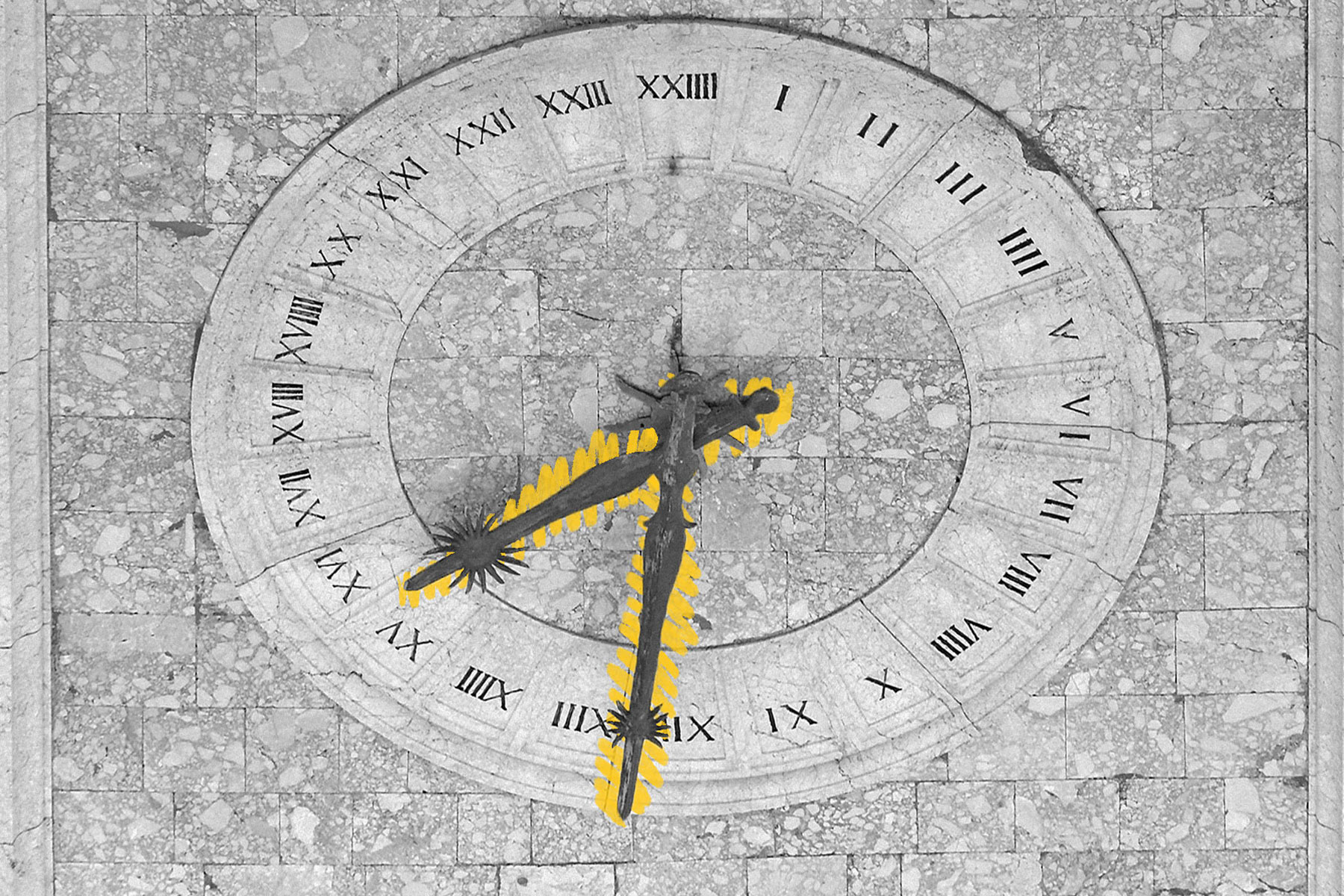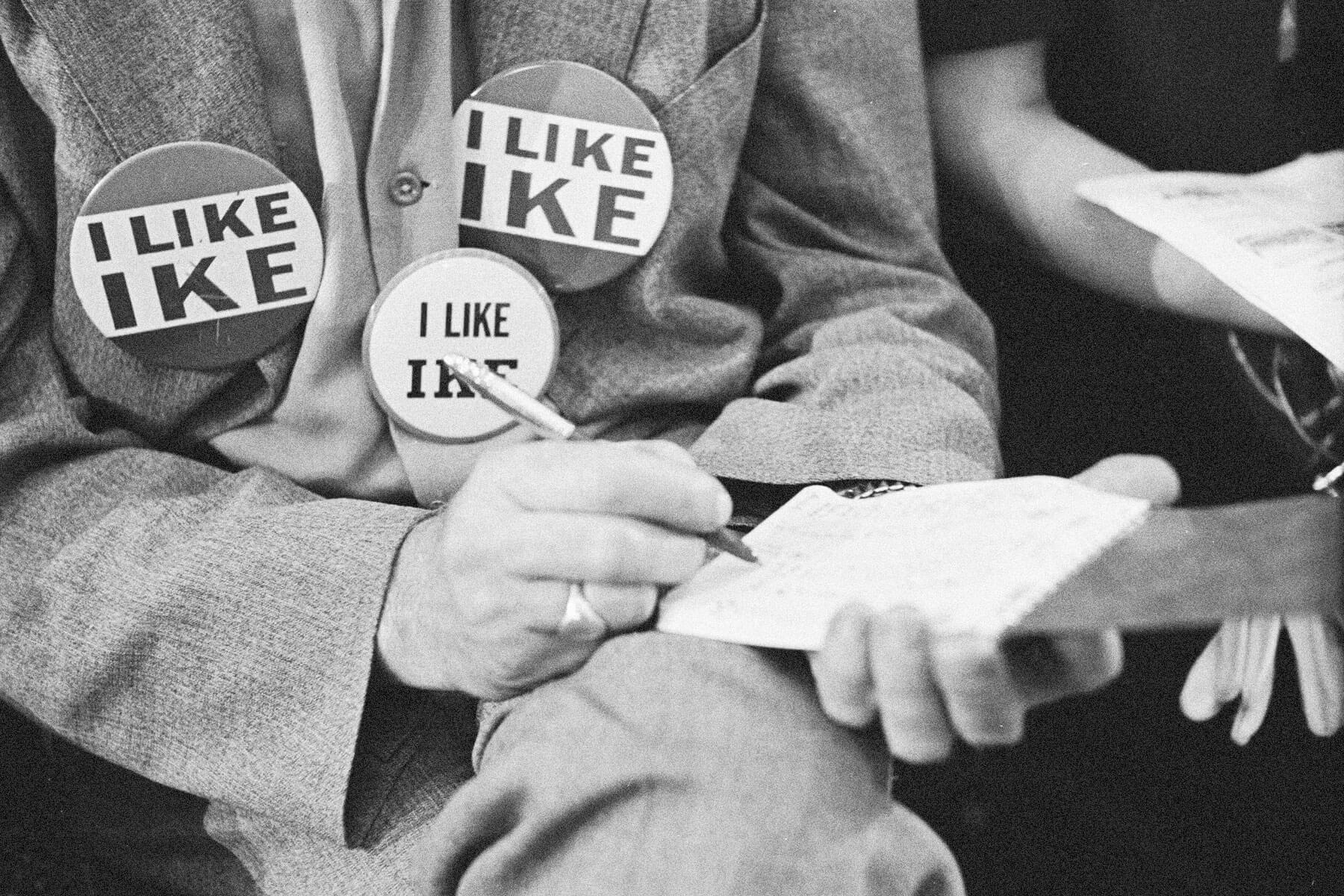Why are there 24 hours in a day?
Sunday, January 7, 2024
Ever wondered why there are 24 hours in a day? We have the ancient Egyptians to thank, at least in part. |
| |
| |
|
 |
|
| E ver wondered why there are 24 hours in a day? We have the ancient Egyptians to thank, at least in part. The basis for our modern calendar dates back to the New Kingdom period of ancient Egypt, around 1550 BCE to 1069 BCE. During this era — about a thousand years after the construction of the Great Pyramids of Giza — the Egyptians became the first civilization to divide the day into 24 smaller parts — though with a couple of key differences to how we do it today. |
|
|
| For starters, the ancient timekeeping system tracked daytime and nighttime separately, with each divided into 12 parts. Also, these parts — which were measured in various ways, including sundials and water clocks — were not hours as we think of them today. Known as temporal hours or daylight hours, their length changed with the total amount of daylight at different times of year: For instance, the daytime hours would be longer in the summer than in the winter. So why 12? There are a couple of theories. Ancient astronomical tables suggest that nighttime was divided into 12 hours based on how the stars moved across the sky over time, as well as the cycles of the moon. It's also possible these Egyptian timekeepers were following the duodecimal system, which is based on the easily divisible number 12, and was used in many ancient cultures. |
|
| It wasn't until the second century BCE that the idea emerged to break the day into 24 parts of equal length, a concept first introduced by the ancient Greek astronomer Hipparchus. The 24-hour day became the standard for tracking time throughout Europe in the Middle Ages, and remains so to this day. |
|
 |  |
|
| Thank you for supporting our advertisers! |
|
| |
|
 |
|
By the Numbers |
|
| Minutes in an hour, based on the Babylonian sexagesimal system | | | 60 |
| | | Seasons in the ancient Egyptian calendar (Inundation, Emergence, and Harvest) | | | 3 |
| | | Seasons in the ancient Egyptian calendar (Inundation, Emergence, and Harvest) | | | 3 |
|
|
|
| Diameter (in millimeters) of the smallest known Egyptian sundial | | | 57 |
| | | Hours in an ancient Scandinavian day | | | 8 |
| | | Hours in an ancient Scandinavian day | | | 8 |
|
|
|
 |
|
 | | Did you know? |
|
|
The term "o'clock" originated to differentiate between sundials and mechanical clocks. |
|
| Mechanical clocks were invented in Germany in the early 14th century. As they increased in popularity throughout Europe, people began to replace previous forms of timekeeping that relied on tracking the sun, such as sundials. Before long, a term originated in the English language to distinguish between these different ways of telling time. People would say it was, for example, four "of the clock" when referring to a mechanical timepiece. This eventually became shortened to just "four o'clock." According to Merriam-Webster, the first known use of the term "o'clock" dates back to 1535. |
|
| Thank you for supporting our advertisers! |
|
| |


posted by June Lesley at 6:00 AM










![]()
![]()






0 Comments:
Post a Comment
<< Home